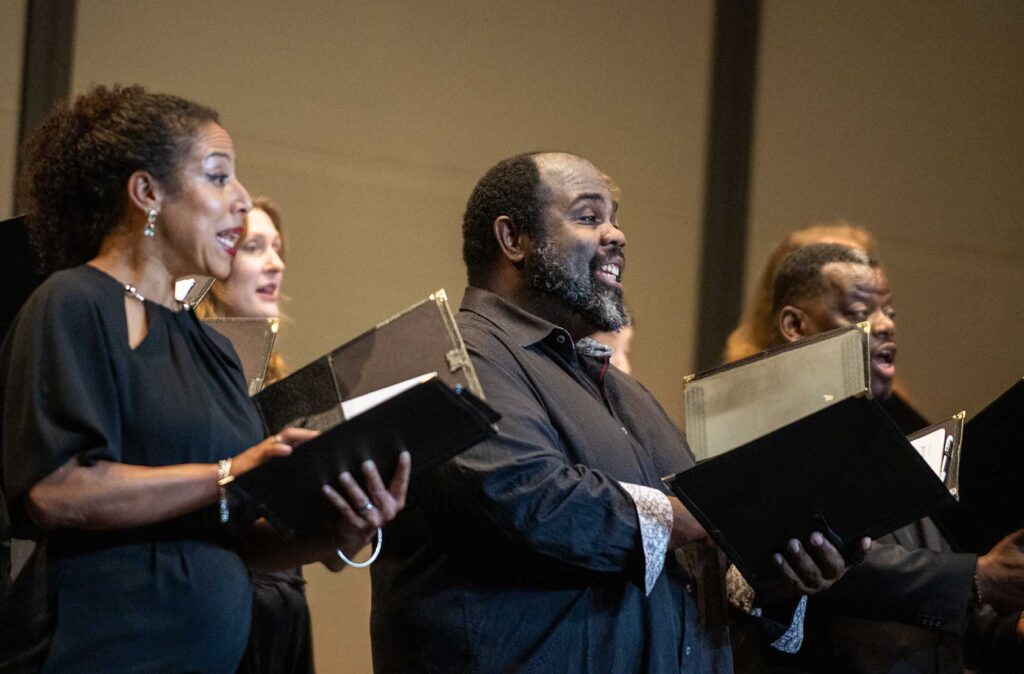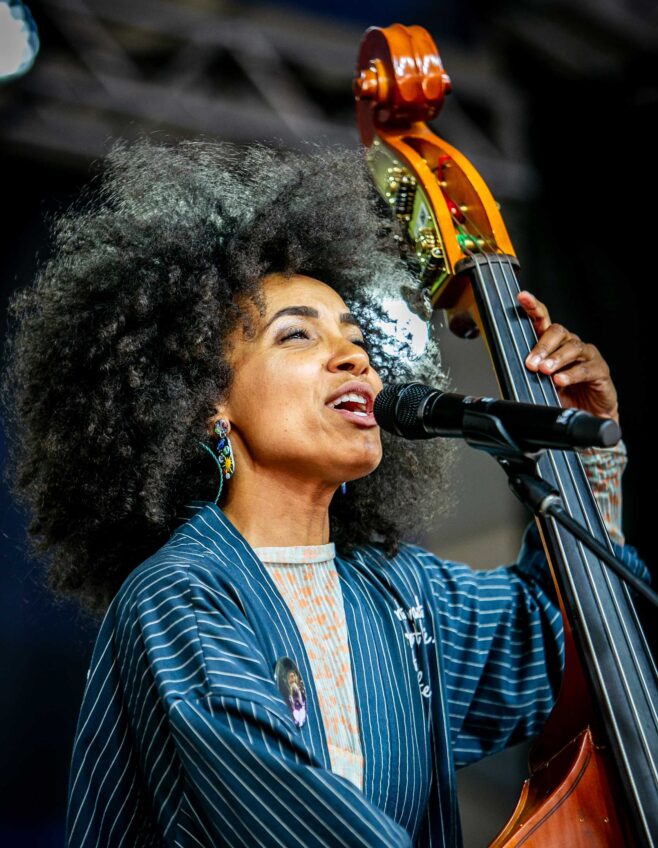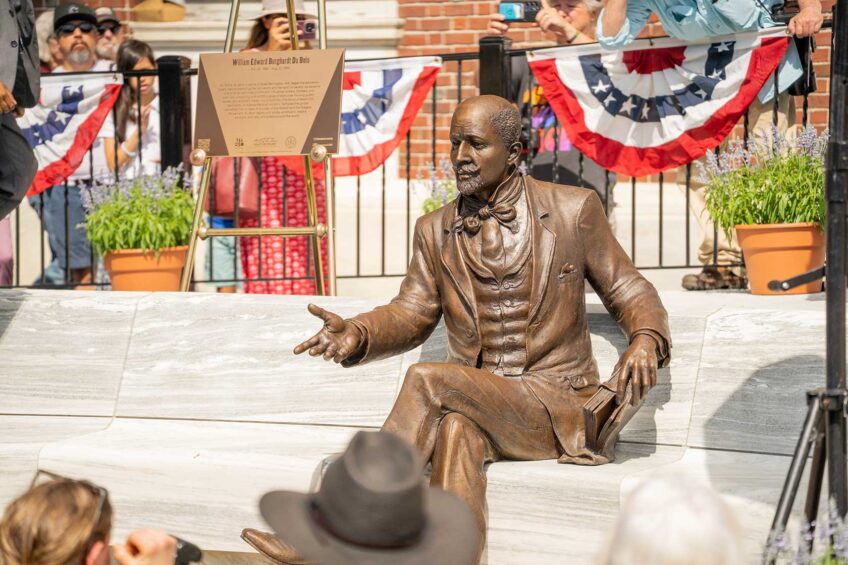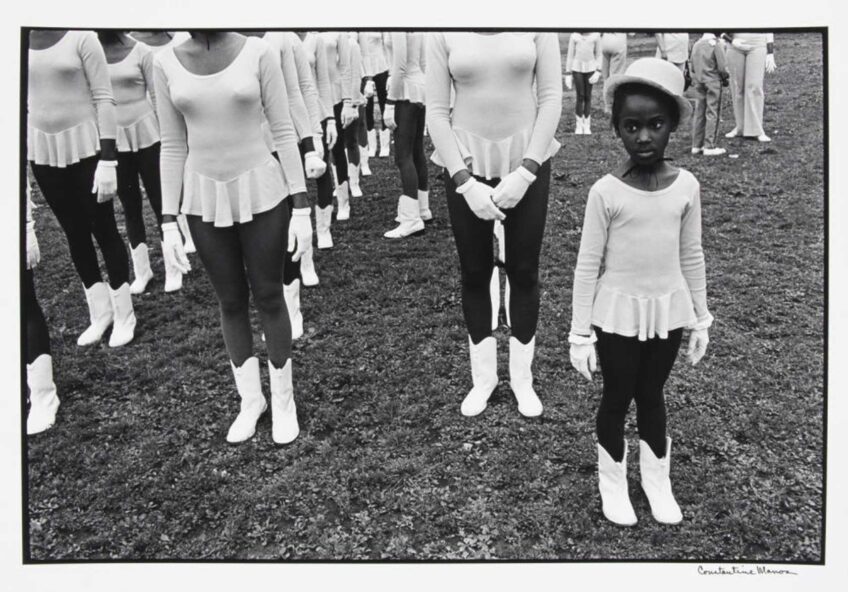‘BaroQUEER: Historically Informed’ explores the diverse, queer history of Baroque music

For the first time, Handel and Haydn Society (H+H) has teamed up with Brooklyn-based collective ChamberQUEER to highlight queer history through a dynamic program of historic and contemporary Baroque music.
“BaroQUEER: Historically Informed” showcases music by composers from George Frideric Handel and Jean-Baptiste Lully, working in the 17th century, to Julius Eastman and Caroline Shaw, working in the 20th century and present day. The program was created by H+H programming consultant and countertenor Reginald Mobley alongside ChamberQUEER cofounders Brian Mummert and Jules Biber.
“We tend to not think about queer composers or gay composers as existing until the 20th century,” said Mobley. “It’s interesting to see this queer lineage, this queer ancestry and heritage that’s been curated.”
The concert showcases how early queer composers like Handel impacted and made space for more contemporary performers. The goal is also to encourage audiences to think about queer contributors in all areas of music, not just composers. The concert also features work by Florence Price, a Black female composer who is finally beginning to get her due, and others.
“I hope by joining us, you’ll get a glimpse of who we are as humans, not just musicians,” said Mummert, ChamberQUEER cofounder and baritone. “Plus, we’ve packed it full of bops, so I promise you’ll find a new piece or composer to love!”
Mobley, too, hopes that concertgoers will leave with the curiosity to hear more music by these composers.
“BaroQUEER: Historically Informed” will be performed at Hibernian Hall in Roxbury on May 30. Then the production will travel to New York City to be part of the Carnegie Hall Citywide program performed at Judson Memorial Church. The concert is pay-what-you-wish and open to all. Mobley is excited to make the program accessible and to see an H+H program travel, when many are only performed in Boston.
“It’s important to me for us to not just reach out and include and invite and be open to the community, but I think we need to go to the community itself and present these things,” said Mobley. “And I think there’s no more deserving area in Boston than Roxbury.”
This performance is part of Everyone250, a collaborative effort among Boston cultural institutions to uplift marginalized voices during the celebration of America’s 250th anniversary.
“I hope [audiences] take away an understanding that music and music history is just as diverse as the world we see around us and always has been,” Mobley said. “Music is a conduit for empathy, for compassion and for understanding.”







